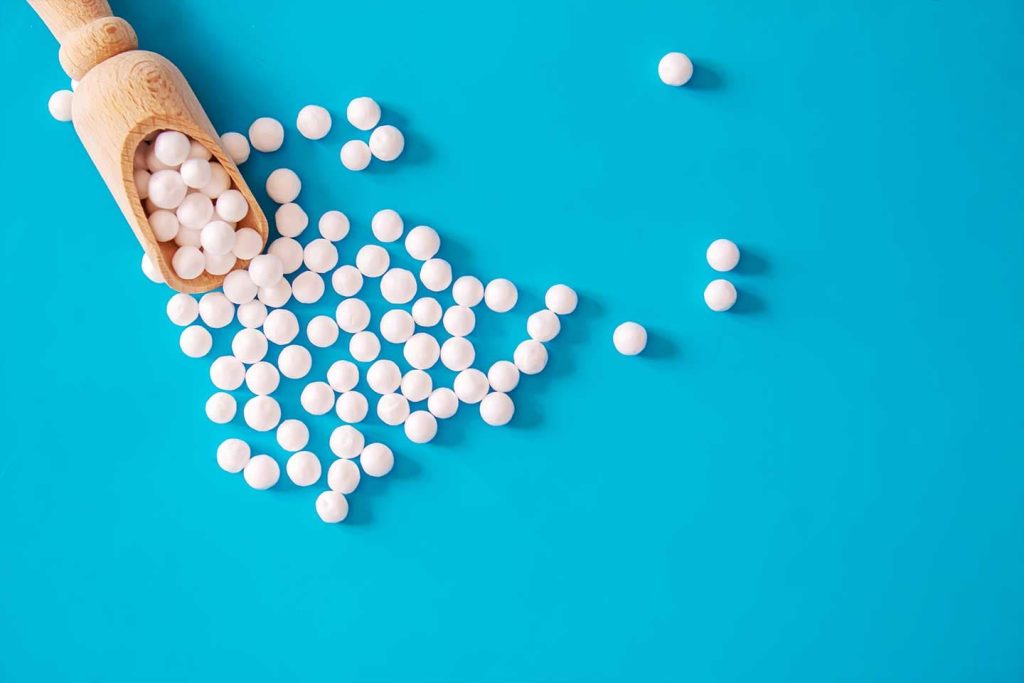The impact of erectile dysfunction on men is not only functional, it involves men’s evaluation of self-image, self-worth, self-identity and social group relationships.
Men need to face the problem of erectile dysfunction. Because it’s like any other challenge that men face.
Both physiological and psychological factors can lead to erectile dysfunction. In most cases of erectile dysfunction, 2 factors can be responsible.

This article shares some of the possible causes of erectile dysfunction:
1. Drinking
Many people think that alcohol can increase sexual desire, but in fact, drinking too much alcohol can hardly achieve the desired effect.
After drinking a lot of alcohol, a man’s ability to have an erection is significantly reduced. Moreover, the diuretic effect caused by alcohol can also interfere with sexual function.
2. Stress
Under the pressure of life and work, it is difficult for both men and women to have sexual desire. Stress can affect many functions of the body, including the penis of men.
Want to relieve stress? Try to change your lifestyle and relax. Regular exercise and adequate sleep will help. If necessary, you can also seek help from professionals.
3. Anxious
Worried about one’s performance in bed or anxiety in other aspects of life can affect one’s performance during sexual intercourse.
These concerns may cause men to shrink and resist intimate contact. This continuous vicious cycle is a heavy burden on both sex and intimate relationships.
4. Obesity
Obesity can affect sexual function, and it’s not just because of lack of confidence. Obese men have low levels of male sex hormone testosterone, which can affect sexual desire and erection. Overweight is also related to hypertension and arteriosclerosis, which can reduce blood flow to the penis.
5. Self-image
Some men may think that they are not in good shape or are not big enough. Negative self-image not only makes men feel insecure about their appearance, but also may lead to unsatisfactory performance in bed. Poor performance makes people anxious and even afraid to try sex.
6. Medications
Some medications may affect a man’s performance in bed. There is a long list of common medications that can cause erectile dysfunction, including certain blood pressure medications, painkillers, and antidepressants.
But don’t stop taking them without authorization. If necessary, you can consult a doctor. In addition, some drugs, such as cocaine and marijuana, can also cause male sexual dysfunction.

7. Depression
The brain is a often overlooked sex belt. Sexual excitement starts from the brain and then spreads throughout the body.
Depression can lower libido and lead to erectile dysfunction. Even worse, antidepressants can also suppress sexual impulses, leading to difficulty achieving an erection and delayed orgasm.
8. Low Libido
Low libido and erectile dysfunction are two different things, but many factors that affect erection can also lower libido.
Stress, anxiety, lack of confidence, and certain medications can suppress sexual impulses. When these negative emotions are related to sex, sexual desire will plummet.
9. Lack of Exercise
Research has shown that exercising for about three hours a week, equivalent to jogging, significantly improves sexual function. Men should persist in exercising. Regular exercise can increase testosterone levels, enhance confidence, and all of these can help enhance erections.
10. Disease
Many health conditions can affect erections. For example, diabetes, high blood pressure, hardening of the arteries, spinal cord injuries, and multiple sclerosis have all been linked to erectile dysfunction.
Also, certain surgical procedures, such as those to the prostate or bladder, can affect the nerves and blood vessels that control erections.
7 Major Signs of Impotence
Vascular aging is a normal physiological phenomenon of the human body, and these may not necessarily lead to impotence.
However, it deserves close attention. Early treatment or lifestyle changes can prevent continued atrophy of blood vessels. Here are the 7 major signs of impotence:
- The frequency of morning erections decreases: The frequency of morning erections gradually decreases because the natural erection of the penis is to maintain blood circulation.
- Decreased libido: The response to sexual stimulation becomes weaker and the interest in sexual intercourse is much less, which is related to the decrease in male hormone concentration.
- Changes in erection angle, length, and thickness: Usually compared with when they were young, the erection angle has dropped a lot, and the length and thickness are also not as good as before, all of which are related to congestion.
- Reduced erection hardness and durability: Erections are not as hard as before and cannot last long enough.
- Frequent urination, nocturia, and unclean urine: When the problem of prostate hypertrophy occurs, symptoms of impotence often appear at the same time.
- Obesity and the emergence of chronic diseases: When other diseases affect blood vessel function, the first reaction is in the small blood vessels throughout the body, which is closely related to impotence.
- Stress, anxiety, and insomnia may affect the circulation of blood vessels in the penis in the long term, and patients may feel depressed, anxious, and have low self-esteem as a result.
The above symptoms are closely related to one’s lifestyle habits. Exercise more and develop a habit of going to bed early to effectively avoid the occurrence of impotence. If necessary, seek help from professionals and do not ignore them.
Unfortunately, over 90% of men experience this situation. They often choose to procrastinate and not solve it, causing unnecessary harm to themselves and their families. When they finally have the courage to come out and solve it, they realize that the situation is already very serious, which makes patients regret it.
The Final Verdict
Talking about sex with a doctor can be awkward, but it is the best way to treat and recover. If you have symptoms of erectile dysfunction, don’t be shy to express yourself. You should undergo routine examinations in a regular hospital to eliminate some risk factors.
Currently, medical treatments are effective in treating impotence and premature ejaculation. Doctors can identify the problem and recommend interventions, such as quitting smoking or losing weight.
In addition, medication, hormone therapy, or psychological counseling can also be used to treat erectile dysfunction in men.
